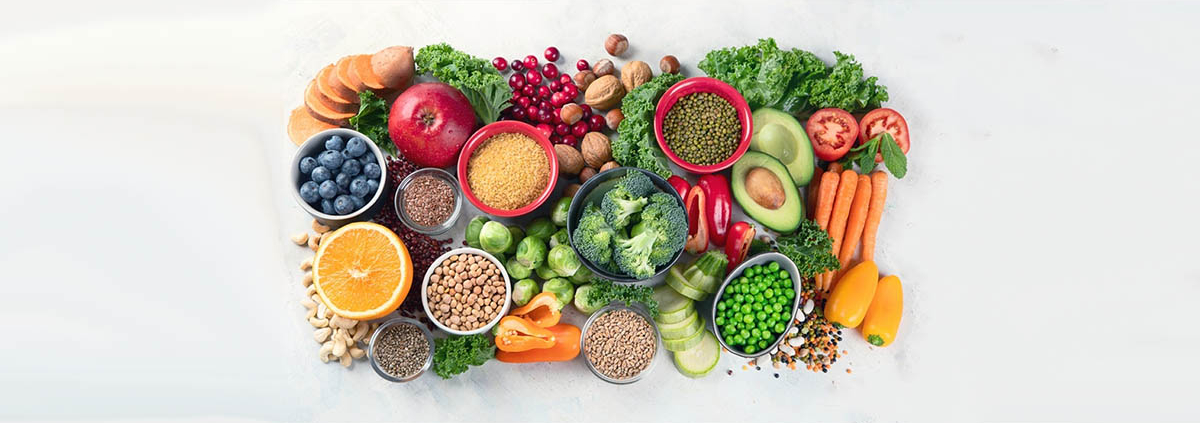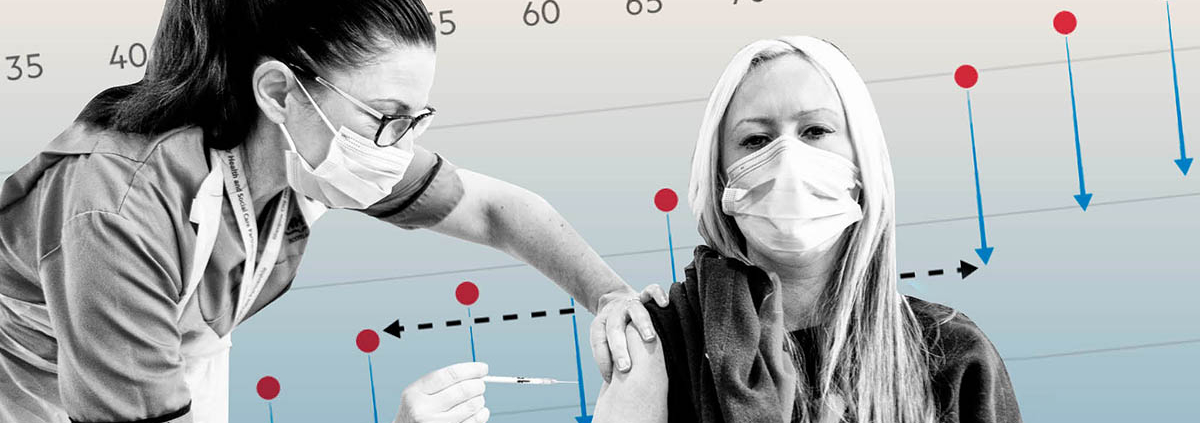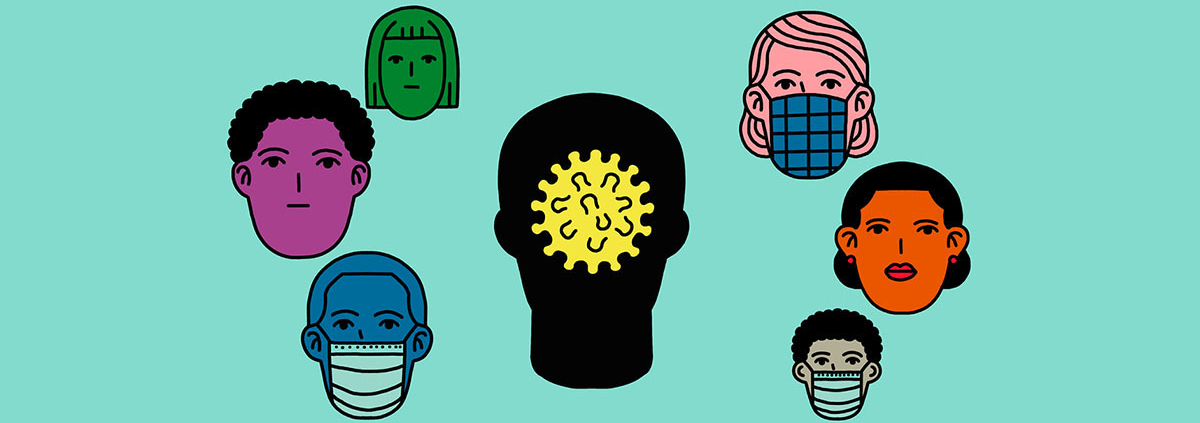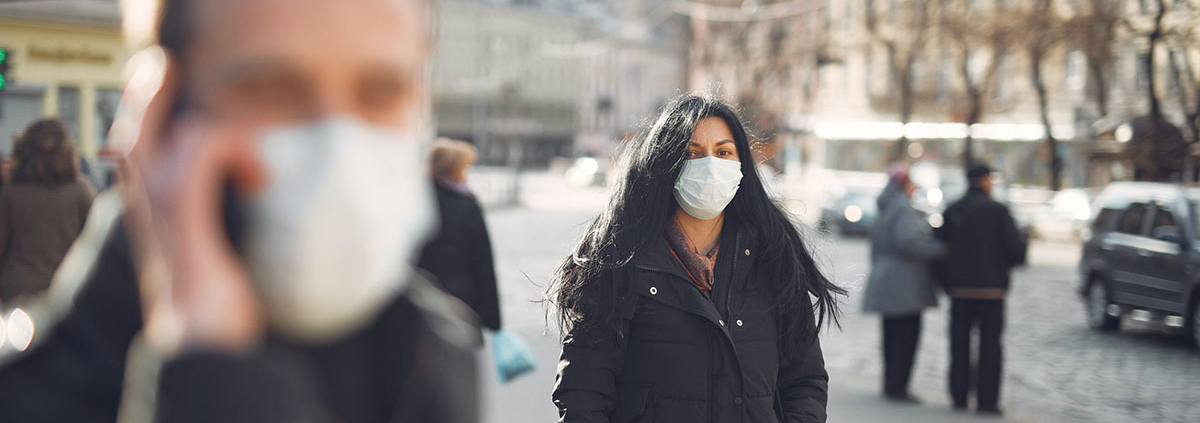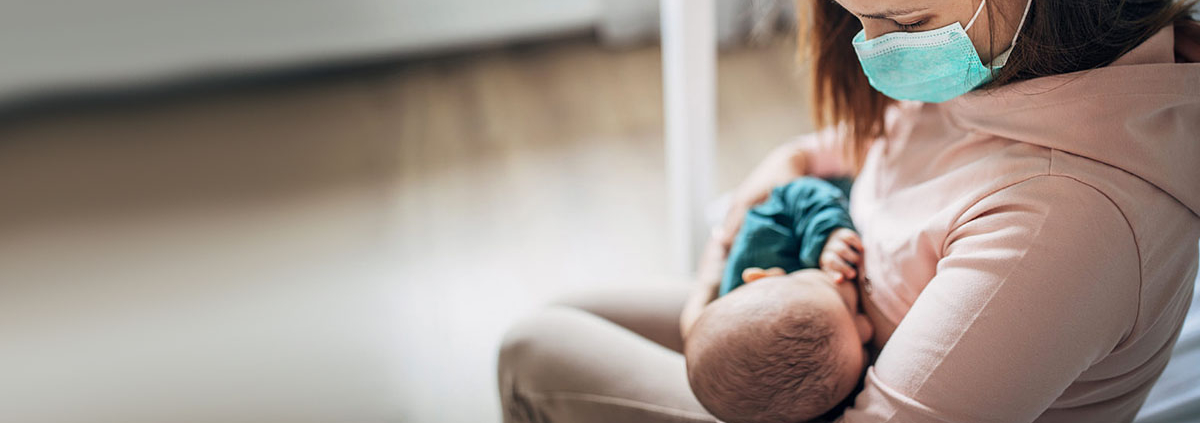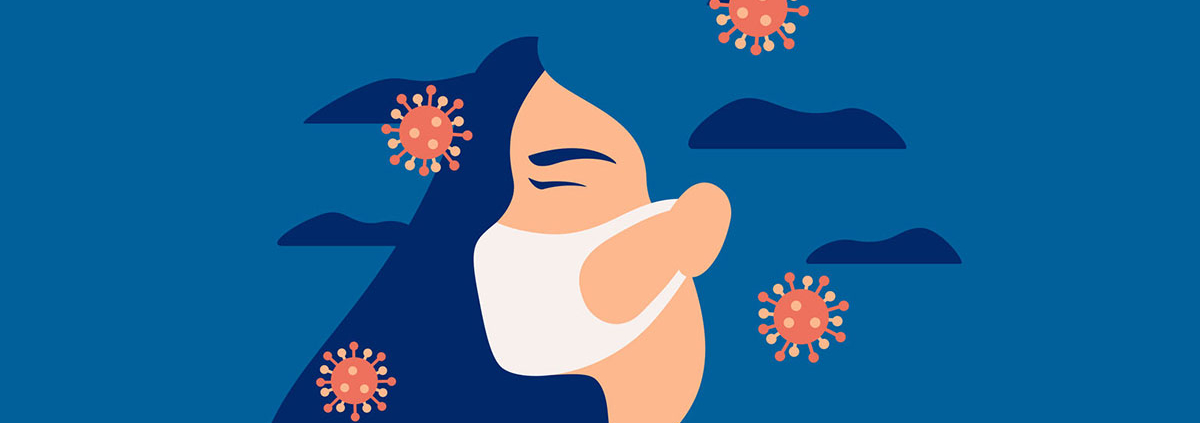Eighteen months ago, stickers began to dot the floors of most shops, spaced about six feet apart, indicating the physical distance required to avoid the COVID-19 virus an infected person may shed when breathing or speaking. But is the distance enough to help avoid infectious aerosols?
Not indoors, say researchers in the Penn State Department of Architectural Engineering. The team found that indoor distances of two meters — about six and a half feet — may not be enough to sufficiently prevent transmission of airborne aerosols. Their results were made available online print edition of Sustainable Cities and Society.
The researchers examined three factors: the amount and rate of air ventilated through a space, the indoor airflow pattern associated with different ventilation strategies and the aerosol emission mode of breathing versus talking. They also compared transport of tracer gas, typically employed to test leaks in air-tight systems, and human respiratory aerosols ranging in size from one to 10 micrometers. Aerosols in this range can carry SARS-CoV-2.
Release date: 16 September 2021
Source: Penn State


